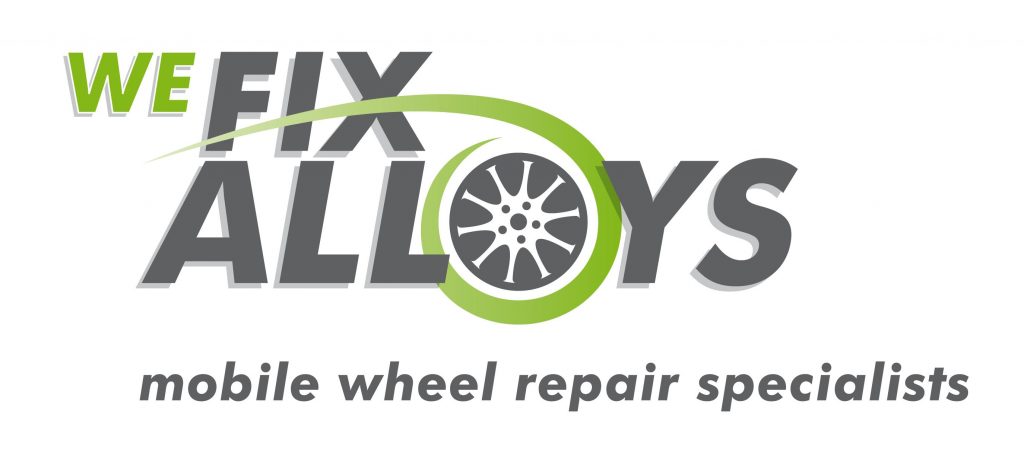
Alloy Wheel Repair and Refurbishment – MOT guidance
Alloy Wheel Repair and Refurbishment – MOT guidance from We Fix Alloys
The MOT inspection manual issued in January 2012 made inspection of your alloy wheels an important part of the MOT. Since we have had a number of customers bring their alloy wheels for repair following MOT failure and/or advisory notices we thought it would be good to share these points with you. If you are at all concerned about the safety of your alloy wheels then please take your car to an expert in alloy wheel repair – like We Fix Alloys
The MOT inspector will check all road wheels for cracks, damage and distortion (particularly to the rim) and for the presence and condition of spokes
Reasons why your alloy wheels might cause an MOT failure:
- A wheel badly damaged, distorted or cracked, or with a badly distorted bead rim
- A wheel which has a spoke(s) missing,
- Cracked or excessively loose, bent, or corroded wheels.
- Fixtures attaching your alloy wheel e.g. stud hole(s) visibly badly worn , a wheel stud, bolt or nut loose or missing, wheel insecure or excessive elongation of a stud hole(s) in a wheel.
Although it might not cause an MOT failure your spare wheel will also be inspected and you’ll be told if a defect is noticed on your spare wheel.
Corrosion can cause your tyres to lose pressure – this is especially dangerous in the winter when incorrect pressures can interfere noticeably with your car’s handling. Leaking alloy wheels caused by corrosion can easily and quickly be repaired – visit We Fix Alloys today to get alloy wheel repair, checks and refurbishment.
